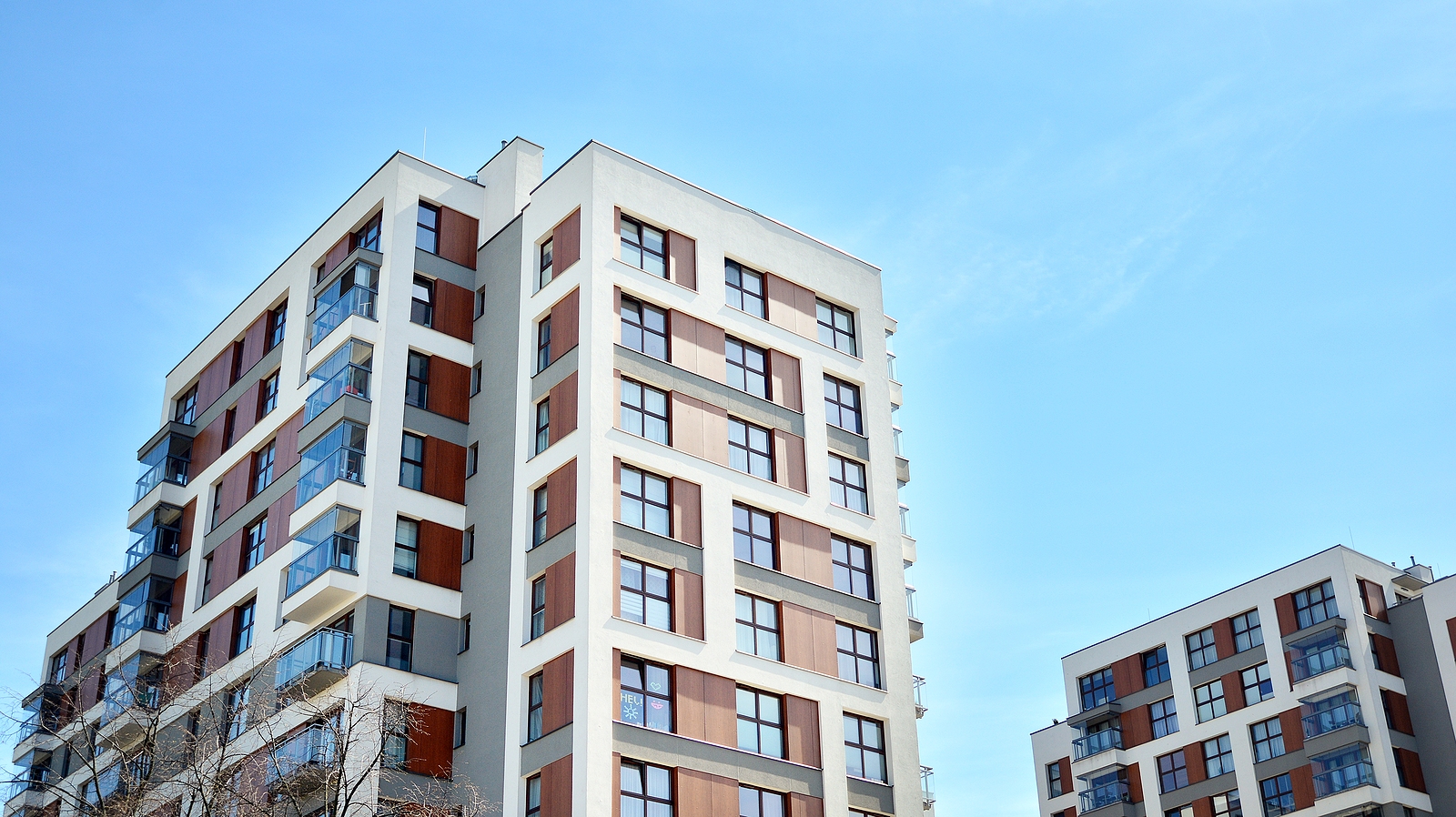One of the most frustrating aspects of being a real estate agent in the current market is trying to find homes for our first-time homebuyers. Often, they’re snatched up or in multiple offer situations immediately after being listed.
The condo market is just as popular with these homebuyers, by the way. In fact, I’m working with a lovely couple right now who need a very low-priced condo for sale.
Searches of the MLS don’t yield much but this morning I did find several. I looked first at how long they’ve been on the market and all of them have been sitting longer than normal for this fiery sellers’ market.
In fact, the lowest priced condo has been on the market for almost a year. Now why, I thought to myself, is that?
I sleuthed
So, I then looked at the photos to see if there was anything there that might explain why an inexpensive condo isn’t flying off the market. Aside from a very dated kitchen with a missing refrigerator I didn’t see any obvious flaws.
Then, it grabbed me – $270 a month HOA fees. Now, that may not seem like a lot to some, but for someone who needs a starter home and an $80,000 price tag fits the budget, it could be a deal breaker.
FHA certification is important
But there’s another reason it may not be selling. The majority of first-time homebuyers use loans backed by FHA and it has stringent qualifications when it comes to condos. Most significantly for the homebuyer, the condo community, not just the unit, must be FHA-approved to get FHA’s backing for a loan and many across the country aren’t.
It just so happens that this particular community is not FHA approved so between the high monthly HOA fees and the fact that it’s not approved for an FHA loan, the poor homeowner is having a rough time selling.
Pay attention to your HOA
If you own a condo, it’s important to be active in your Homeowners Association. Even if all you do is attend the meetings, it pays to know what is going on.
For instance, if the ratio of rentals to owner-occupied units happens to increase to more than half of all units, your community will lose its FHA approval. Even with some conventional loans there’s a cap on rentals (30 percent with Fannie and Freddie).
If 15 percent or more of the community’s homeowners are behind in their association dues, if someone decides to sue the association and it enters litigation or if the association’s cash reserves fall below one year’s worth of the fees collected, the community may lose FHA certification.
The biggest problem is the first one I mentioned – too many tenants. The wise buyer will refuse to buy a condo where the HOA doesn’t impose a cap on rentals. Then, he or she will be vigilant in monitoring the enforcement of that cap.
Hey, it’s important to pay attention to the future resale value of your property and the longer a home remains on the market the less you’ll make on it. If you can’t sell it at all, it’s worthless, right?
If you want to check if a particular condo community is FHA certified, check HUD’s website.







